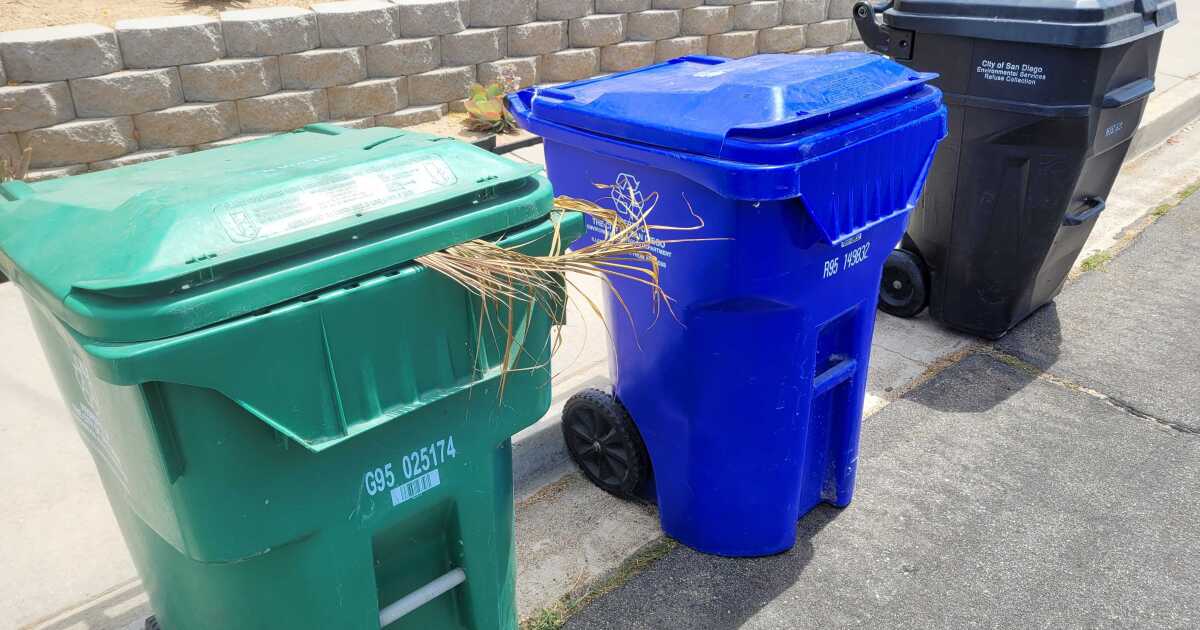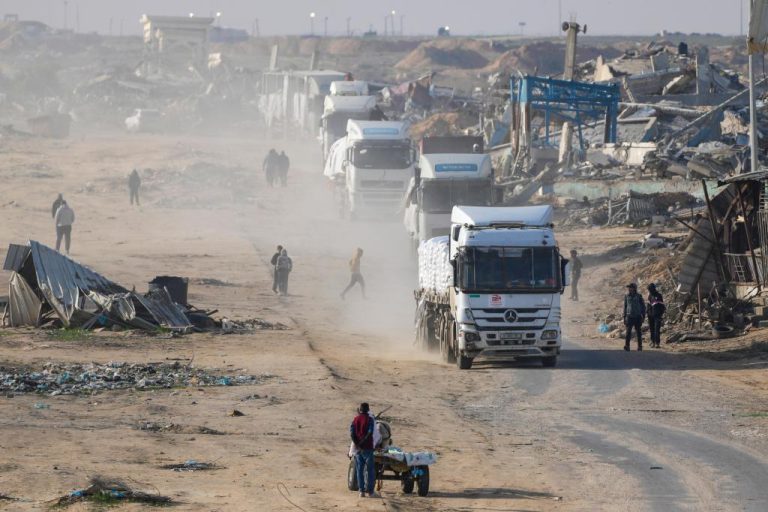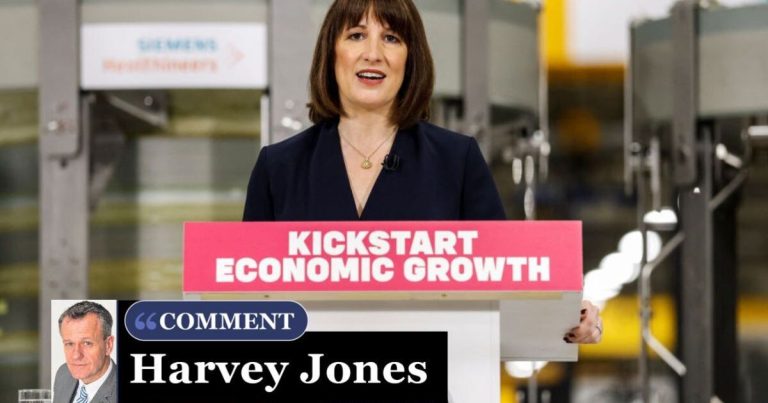

San Diego got one step closer Monday to building a $77 million green waste recycling plant in Miramar that is expected to serve the entire region’s composting needs.
The City Council unanimously approved a deal with MCAS Miramar and the U.S. Navy that allows the city to rearrange its facilities at the Miramar Landfill to make space for the new recycling plant.
The city has been leasing the landfill from the military since 1973. This is the fifth significant change to the lease agreement since then.
Councilmember Marni von Wilpert praised Col. Thomas M. Bedell, commanding officer of MCAS Miramar, for helping the city prioritize its climate goals.
The new plant, expected to begin operations next year, is needed to handle all the yard trimmings, food scraps and other organic material that must be recycled under a 2016 state law that takes full effect next year.
The law, SB 1383, is mandating that more green waste be recycled to fight climate change. Green waste that hasn’t been composted emits large quantities of the greenhouse gas methane.
San Diego already operates the region’s largest composting facility, the Miramar Greenery. But instead of expanding that facility, the city will tear it down and replace it with a larger one in a separate part of the landfill.
The city says it makes more sense to move the facility because the existing greenery is on top of an area of the landfill that has significant unused capacity worth about $100 million.
Capacity at the landfill is financially valuable to the city, which charges private haulers fees to dump trash there. The larger compost facility is also expected to generate revenue from handling green waste from other parts of the county.
The new recycling plant is expected to increase the city’s annual organic waste processing from 40,000 tons to more than 251,000 tons.
San Diego is borrowing $40 million from the state’s infrastructure bank to help build the plant.
City officials said the state loan will cost the city less in interest than selling bonds or borrowing from a bank, but the interest rate is roughly double what the city pays on state loans for water and sewer projects. It will be repaid with fees trash haulers pay to use the landfill.
The loan is projected to raise the city’s total payout for the new facility by $18 million, from $77.2 million to $95.3 million.





